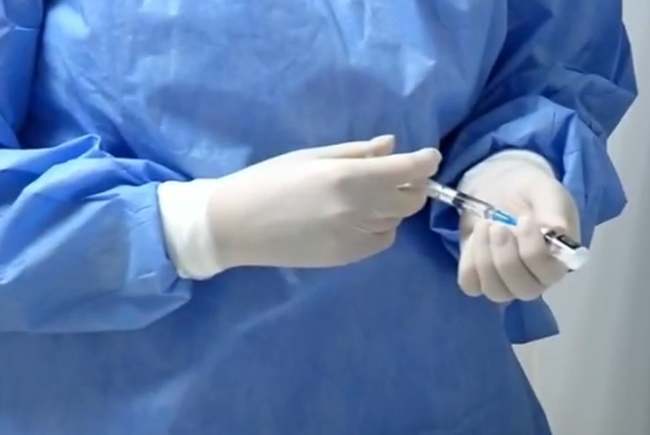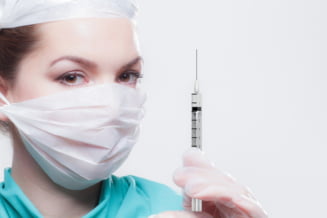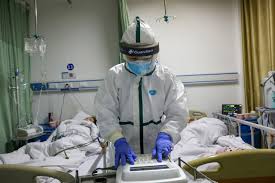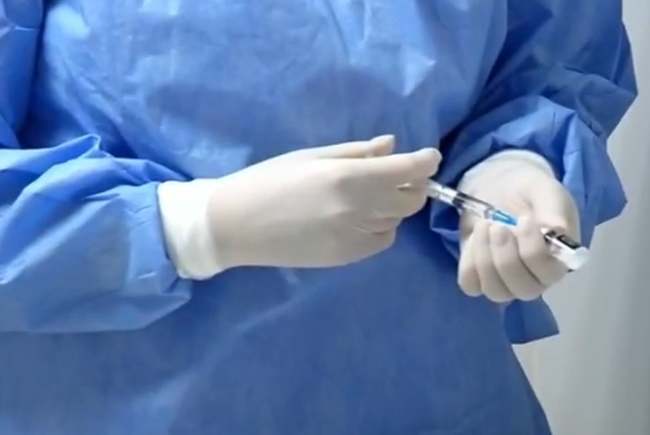Romanian education had to face, this year, a great challenge, determined by the COVID-19 pandemic, the school being forced to adapt to the new reality. Teaching staff were put in a position to experience a different teaching and evaluation formula, and students switched from banks to online.
The curriculum for the final classes, which took the national exams in the summer, was simplified, and the way to conclude the class averages was changed, the theses being eliminated. The Olympiads and school competitions were suspended, and the National Assessment and the Baccalaureate were held in compliance with strict health protection measures. At the same time, special sessions of the national exams were organized.
For the first time, the students' results were published by anonymizing the name and first name, based on a unique code communicated to each candidate.
This year, there were no end-of-year celebrations or beginning-of-school ceremonies in September.
And the university environment has adapted to the pandemic, by holding online exams.
*** UNIVERSITIES – PANDEMIC SOLUTIONS
And the university environment was forced to adapt to the conditions of the pandemic. Students could take the exams online. And the tests for the assessment of fundamental and specialized knowledge and for the presentation and defense of the bachelor's/dissertation work were conducted online, in real time, in front of the examination board, through a platform that allowed dialogue and recording of audio content -video.
The specific measures (including online exam sessions, completion of online studies, online admission, etc.) were adopted and implemented by each higher education institution, being developed their own methodologies for organizing the entrance exams, respectively for the completion of university studies.
In addition, the Ministry of Education allowed Romanian universities access to the Integrated Information System of Education in Romania to facilitate the admission process in the online system in higher education institutions, having access to official information regarding the educational progress of students.
On the basis of university autonomy, with the assumption of public responsibility, each higher education institution has established its specific conditions for the organization of exams (modes of support), including the calendar for their implementation.
As for the entrance exams to higher education institutions, the universities in the field of medical sciences organized physically (on site) the admission to undergraduate studies, with the participation of a total number of over 11.000 candidates.
On October 26, Minister Monica Anisie signed an order withdrawing the accreditation of the Doctoral School at the "Alexandru Ioan Cuza" Police Academy in Bucharest - "Law" and "Public Order and National Security" -, following the report of the Ethics Council and University Management. The Police Academy will be able to resume the evaluation activity in order to authorize doctoral schools after 5 years. In order to ensure the protection of doctoral students, they will be educated, according to the law, until the completion of their studies, stated the MEC.
The measures were taken in the context of countless complaints registered with the Ministry of Education on the topic of the quality of the existing educational act at the Academy level. At the same time, the report of the control body of the Ministry of Internal Affairs was also taken into account, which revealed major deficiencies following the evaluation of the status of the activities for verifying the originality of doctoral theses and the observance of quality standards and professional ethics in this institution of higher education, the MEC mentioned .
At the beginning of October, the Minister of Health, Nelu Tătaru, announced that, since the beginning of the pandemic, around 3.200 children between the ages of 0-9 and approximately 5.200 between the ages of 10-19 have been diagnosed with COVID-19 .
"The recommendations are that students go to school when the measures that keep them safe can be ensured, so when it is possible to go safely. In the conditions where the infection rate in our country is very high, these conditions can neither be created nor guaranteed and, in order to protect the children and their families, unfortunately, it is necessary to do online education", he emphasized. on November 29, President Klaus Iohannis.









